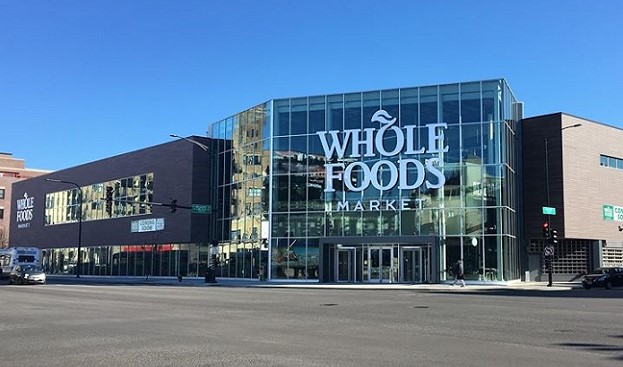
CHICAGO—Retail is in many ways the most challenging sector in commercial real estate, largely due to its well-known struggles to prosper in an environment shaped by the rise of e-commerce. But many investors feel it's a smart time to buy, as long as they focus on finding assets that respond creatively to the changing needs of today's consumers, according to Real Capital Markets' May 2018 Retail Investor Sentiment Report.
Although the many big box vacancies and high-profile retail store closures such as Toys R' Us produce chilling headlines, investors surveyed by RCM remain optimistic. And many say retail owners who embrace new models—ones that provide experiences or mix in residential, office or entertainment options—can still succeed in today's retail environment.
RCM says 48% of investors surveyed still consider grocery-anchored shopping centers the best investment, while strip centers were a distant second choice at 23%, a greater margin than in 2017. Groceries do face challenges like the popularity of on-line ordering and prepared meal concepts, but most experts say these the internet can't replace such stores.
“No one can buy an ice cream cone, get their laundry, put gas in their car or check out a liquor store on Amazon,” says Joe Cosenza, vice chairman of Oak Brook, IL-based Inland Real Estate. “These are the kinds of tenants that tag along with all good grocery stores.”
But it's also important for grocery stores to continue experimenting.
“Like any other business, grocery stores need to evolve and continually expand the experiences and services they are offering to customers,” Tina Lichens, chief operating officer, Real Capital Markets, tells GlobeSt.com. “Many grocery stores have moved from token salad bar and/or deli counter offerings to vast selections of prepared food items–for lunch, dinner and entertaining—that can be eaten on site and/or carried out with minimal preparation time at home. Others offer wine, cheese, juice, coffee and ice cream bars; all are designed to satisfy consumers' need for convenience. Grocery stores that continually evolve and provide a high level of service will not only have a much greater opportunity to succeed, but also benefit the centers in which they are located.”
Retail investors have gotten more comfortable with this new environment. Almost 70% of those surveyed categorized themselves net buyers and only 11% were holding back. That's a significant jump from 2017, when 57% were net buyers and nearly one-third were holding out to better gauge industry conditions. Still, 59% of investors also say they will consider other property types, most notably multifamily and industrial assets.
© Touchpoint Markets, All Rights Reserved. Request academic re-use from www.copyright.com. All other uses, submit a request to [email protected]. For more inforrmation visit Asset & Logo Licensing.







